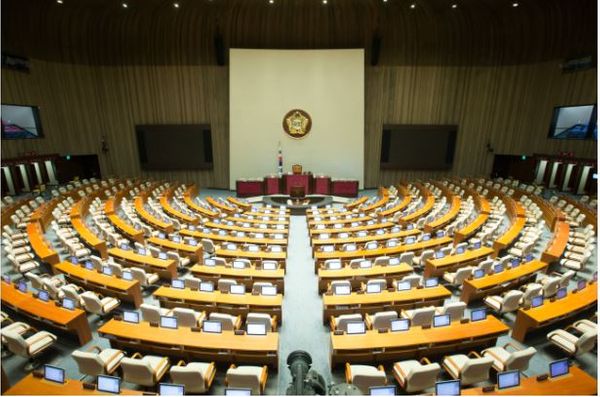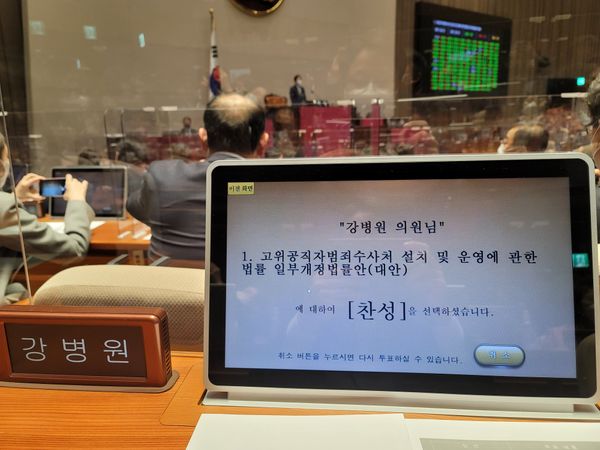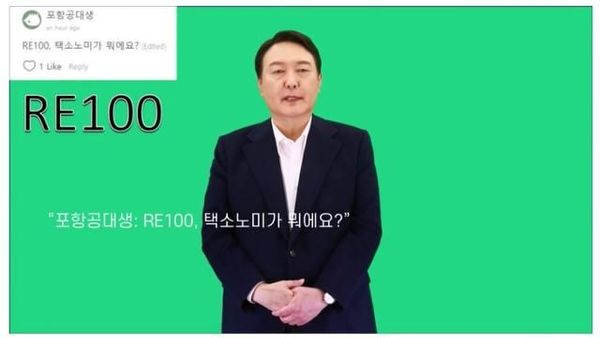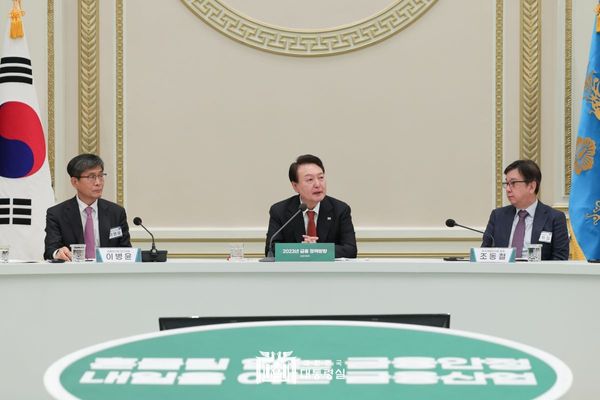Credit: Public domain.
A long-standing conservative bête noire is the Comprehensive Real Estate Tax (CRET) 종합부동산세 (종부세), a progressive taxation scheme that applies to those with multiple homes or high-value real estate. Soaring real estate prices in South Korea mean that more people than ever are eligible to pay the CRET. In 2021, the number of individuals and entities subject to CRET was approximately 947k, a steep increase from 667k in 2020. The estimated tax receipt for CRET in 2021 is more than double of 2020.
Compared to the property taxes levied by similarly developed countries, the CRET is a modest one. Less than 2% of the country pays the CRET; with deductions, a person who owns a single, KRW 2.6b (USD 2.2m) home in Seoul could pay as little as KRW 812k (USD 680) a year in CRET - a pittance compared to the property tax in New York City, where a similarly priced home would incur more than USD 43k in taxes.
But the media is filled with contrived stories of those hit by a “CRET bomb” 종부세 폭탄. On November 27, YTN reported a case where a young man in his 20s was facing a CRET bill of more than KRW 211m (USD 177k), because he inherited more than 20 investment properties from his father who suddenly passed away. Chosun Ilbo 조선일보 practically runs a daily series of articles about retirees who live in multimillion dollar condos while complaining that they don’t have enough income to pay the CRET bill.
People Power Party’s presidential nominee Yun Seok-yeol 윤석열 국민의힘 대선후보 pledged to abolish the CRET.








